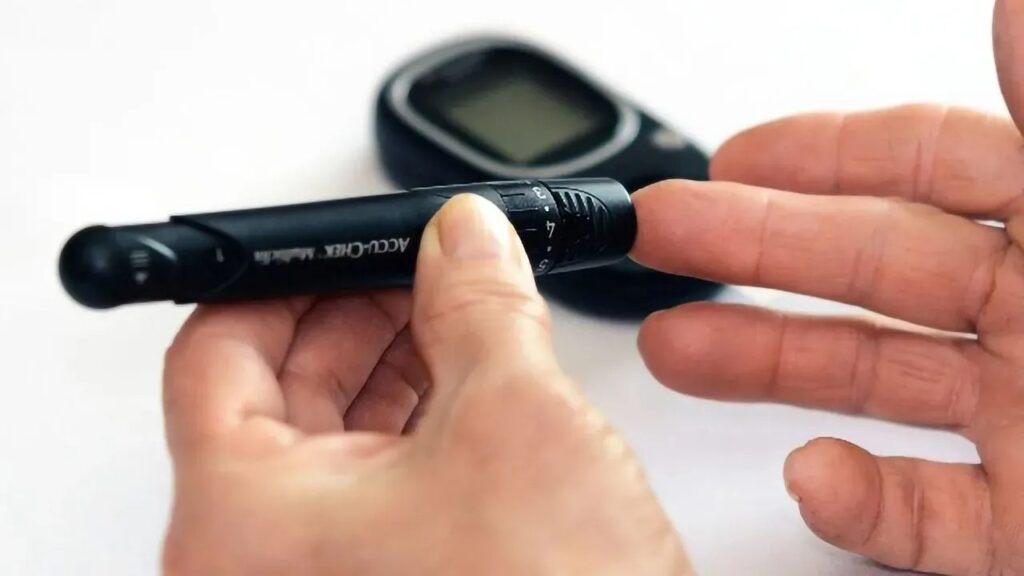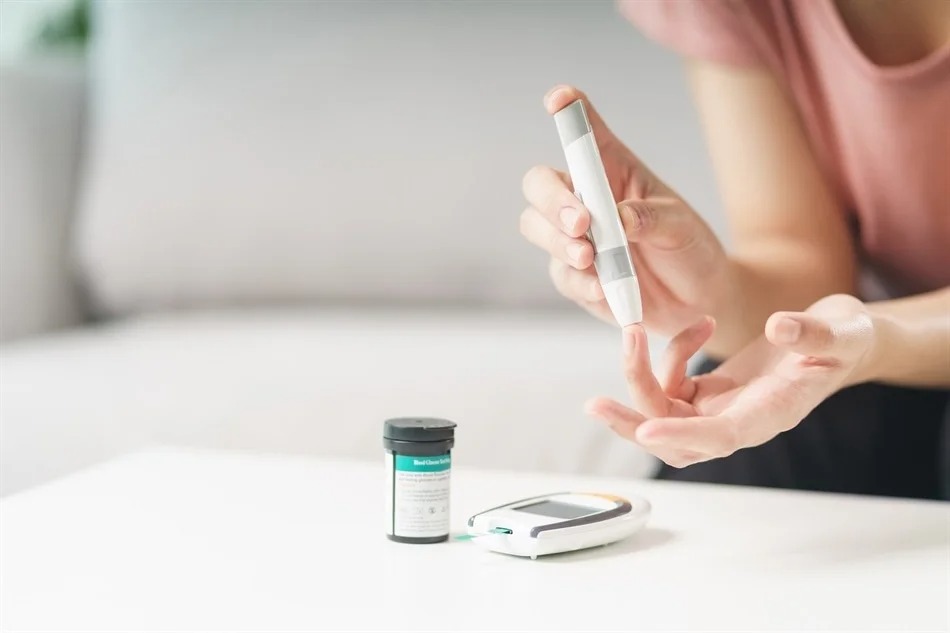United States: A new trial has found that managing the patient’s blood sugar after a severe stroke is easy, ensuring that the patient lives past the health emergency.
Patients with elevated glucose level in their blood have a possibility to develop some fatal intracranial bleeding after clot-busting drugs clear their blocked brain arteries, a group of researchers report, as reported by HealthDay.
The mortality risk was especially elevated for aged patients with larger strokes.
Research Insights
“These data suggest that more focus and research is needed on the management of high blood sugar in the treatment of stroke patients, particularly those with higher risk, more severe strokes,” said lead researcher Dr. Andrew Southerland, a neurologist with the University of Virginia Health in Richmond, Va.
In this study, the investigators used data from a two-armed clinical trial with more than 1100 participants, 63% of whom got clot-dissolving therapy as treatment. It was discovered that diabetes type 2 was the diagnosis of about 80% of these patients.

The rest of the clot busters underwent intensive insulin therapy, which was intended to aggressively manage their blood sugar levels thereafter.
Impact of Blood Sugar Levels
Particularly, high blood sugar level after “clot-busting” therapy turns out to be related to the brain hemorrhage, experts said. That is. Unfortunately, every ten mmol/L of blood glucose raises the risk chances of brain bled by 8%.
Additionally, patients who reached the target blood sugar decrease earlier after clot-busting therapy showed better results.
Insights from the Trial
The researchers indicated that the insulin intervention used in the trial did not affect the risk of brain blood bleeding.
The research was published on April 16th in the journal Neurology.
Although insulin was not effective here, the results indicate the significance of managing blood sugar, as researchers have pointed out.
“One of the most important things patients can do to decrease their risk of stroke, particularly among diabetics, is work with their doctors and lifestyle to manage their blood sugar,” Southerland said in a university news release.
Particularly for those who have experienced a major stroke, further research is required to determine the most effective strategies to maintain a patient’s blood sugar following clot-busting therapy, according to Southerland, as reported by HealthDay.
“We hope that these results will help inform future clinical trials looking at the treatment of blood sugar in higher risk patients with more severe strokes, particularly those undergoing clot-removal procedures,” Southerland said.











Leave a Reply